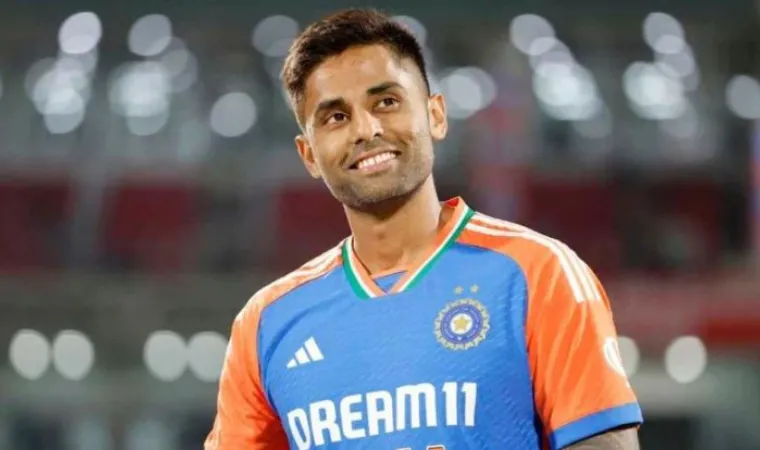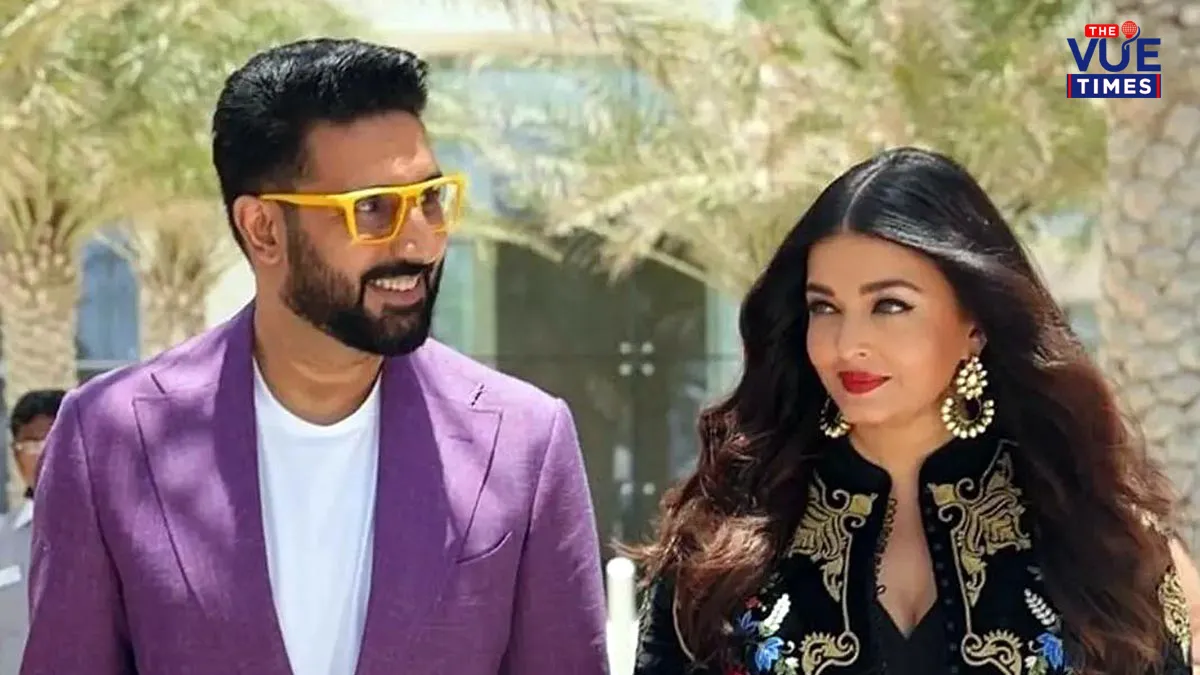 Sports
Sports
Mohsin Naqvi and the Asia Cup Final Controversy
Cricket is not merely a game in South Asia- it is an obsession, a way of defining the soul, and in most aspects, national pride. Whenever India and Pakistan are on the cricketing field, the world observes. The competition is ancient, fierce, and emotionally-charged and has frequently been termed as one of the most fierce in all of sport. However, even though the Asia Cup 2025 final will be remembered as a great cricketing match, it will forever be remembered as what occurred after the final ball was bowled Mohsin Naqvi, Chairman of the Pakistan Cricket Board (PCB), and President of the Asian Cricket Council (ACC) were at the centre of the storm. His words and deeds, prior, and subsequent to the last, made a political firestorm out of a sporting contest. What followed was no simple controversy--it was a reminder about how easy it is to drag cricket in this part of the world into the political fray. India vs Pakistan: More than a game When India and Pakistan get together, it is not just bat and ball. The competition is full of decades of political history, wars, and cross-border tensions. To millions of supporters, cricket turns into a symbolic playing field where national pride is on the line. This setting renders any Indo-Pak conflict unlike any other game. It also implies that administrators, commentators and players are subject to increased standards. A thoughtless word or partisanism will stir up passions. Now just as it happened in the Asia Cup final. The Cup that did not get into India The most sensational part of the end came after India won. As it was traditionally, the winning team is presented with its medals and the trophy during a ceremony that represents respect and closure. And this time there was no moment. The Indian team declined to receive the medals and the trophy issued by Mohsin Naqvi citing his comments and his antagonistic attitude towards India. Naqvi is reported to have walked out of the stadium with the trophy and medals instead of relinquishing the honors to a neutral presenter or letting a neutral presenter do the honors. The Indian players went off with no silverware. Pictures of the group making fun with a fake trophy soon became viral. What was expected to be a happy event turned into a show of defiance, a symbol of the way that politics had taken over cricket. The Build-Up: How Naqvi Stoked the Fire Naqvi did not behave like that on the night of the final. His words and behavior had already caused controversy in the days prior to the game. 1. Reply to Prime Minister Modi Following an Indian victory in the previous round, Prime Minister Narendra Modi posted the following tweet: “Outcome is the same — India wins! Congrats to our cricketers.” Naqvi shot back: “If war was your measure of pride, history already records your humiliating defeats at Pakistan Cricket Board controversy.” Naqvi inflamed the atmosphere by drawing the cricketing discourse into the historical conflicts, which obscured the boundary between the sport and the politics. 2. The Ronaldo Video Scandal Naqvi subsequently uploaded a video on the Internet, juxtaposing the celebration of a famous goal by Cristiano Ronaldo to the images of crashing jets. The video was widely understood as a satire on Indian military claims of operation Sindoor. This was highly offensive to the Indian fans. A political and a military point had been made with cricket being used to insult national pride. 3. Targeting India's Captain Naqvi didn't stop there. He also required the ICC to punish Indian captain Suryakumar Yadav because he publicly supported the armed forces of India. This was a provocative move which was unnecessary to Indian fans and officials. It is normal around the globe to support the defense forces. Punishment was like an assault on the personal ideologies of Yadav. Fallout: Player, Fan and Officials Reaction The response to the drama of the last was quick and strong. Players’ Response: the episode was dismissed by Suryakumar Yadav who decided to refer to it as a childish action, and his colleagues refused to confront the problem directly, opting to employ silence and symbols instead. Their ghost trophy celebration was on its own. Fans’ Reaction: The social media was outraged. To millions of people, Naqvi had disgraced the spirit of cricket through his actions. Rather than talking about sixes, wickets, and tactics, fans talked about whether or not cricket had been humiliated. BCCI Action: Board of cricket India declared that it intended to take the issue to ICC. This made sure that the problem was not only an emotional one but a political one in terms of governance and responsibility. Media Coverage: Some of them supported Naqvi, whereas their counterparts in Pakistan mutely admitted that the event had dented the image of cricket and dwarfed the performance of their own team. Why This Episode Matters It could be said that this was the act of a single person. But the reality is deeper. Sportsmanship Undermined: The presentation after the match is not merely a formality, but a ritual of reverence. Refusing to grant it to India was an artful insult, which violated the unwritten laws of sportsmanship that cement cricketing countries together. The Role of Neutrality: Naqvi was the President of ACC, and his job was to be impartial. Rather, his behavior was biased. This was a blow to credibility to a regional cricket body that was supposed to pull nations together. Cricket Politics: The episode displayed the ease with which cricket is turned into political theatre. Naqvi added to the divisions rather than healing them by taking wars and military operations and bringing them to the sport. Historical Context: Cricket Meets Politics It is not the first time that politics has supplanted cricket in the India-Pakistan scenario. Bilateral cricket relations were also put on hiatus in 1999, with the Kargil conflict. There was also a break in cricketing relations as a result of the 2008 terror attacks on Mumbai. Political statements have even infiltrated the competition even in ICC tournaments. The Asia Cup 2025 scandal is unique in that the argument was not initiated by governments or even fan clubs, the author of the move was a cricketing organization head. That makes it more alarming. A Tale of Two Celebrations To most Indians the lasting image of the final was not a six or a wicket but the players with an imaginary trophy. That was the whole situation in a nutshell, India had won, yet politics had deprived them of the appropriate time. Ironically, the celebration of the protest could be counted among the most iconic images in the history of Indo-Pak cricket. It emphasized strength, solidarity and the skill to make humiliation symbolic. What This Means to the Future The scandal raises a number of questions. Can regional bodies like the Asian Cricket Council decisions (ACC) maintain neutrality? Will the ICC enforce stricter oversight to prevent political interference? Can future India vs Pakistan match highlights focus solely on sport instead of politics? Final Thoughts The final of the Asia Cup 2025 was supposed to be remembered by the Indian brilliance on the field, the fight of Pakistan and the happiness of the millions of fans. Rather, it turned out to be a study of how bad leadership can take sport away. The actions of Mohsin Naqvi, his controversial statements, his snubbing gesture with the trophy, and his partisan attitude did not simply contribute to the controversy. Their version altered the narrative of the tournament. To India, it was conquering without its prize. In the case of Pakistan, their cricket board head took the blunt part of the attack globally. To the whole game of cricket, it was yet another lesson that once politics seeps in the game loses its glamour. Eventually, cricket lost more than a trophy--it lost an opportunity to demonstrate how sport can be elevated above politics.
Read More





